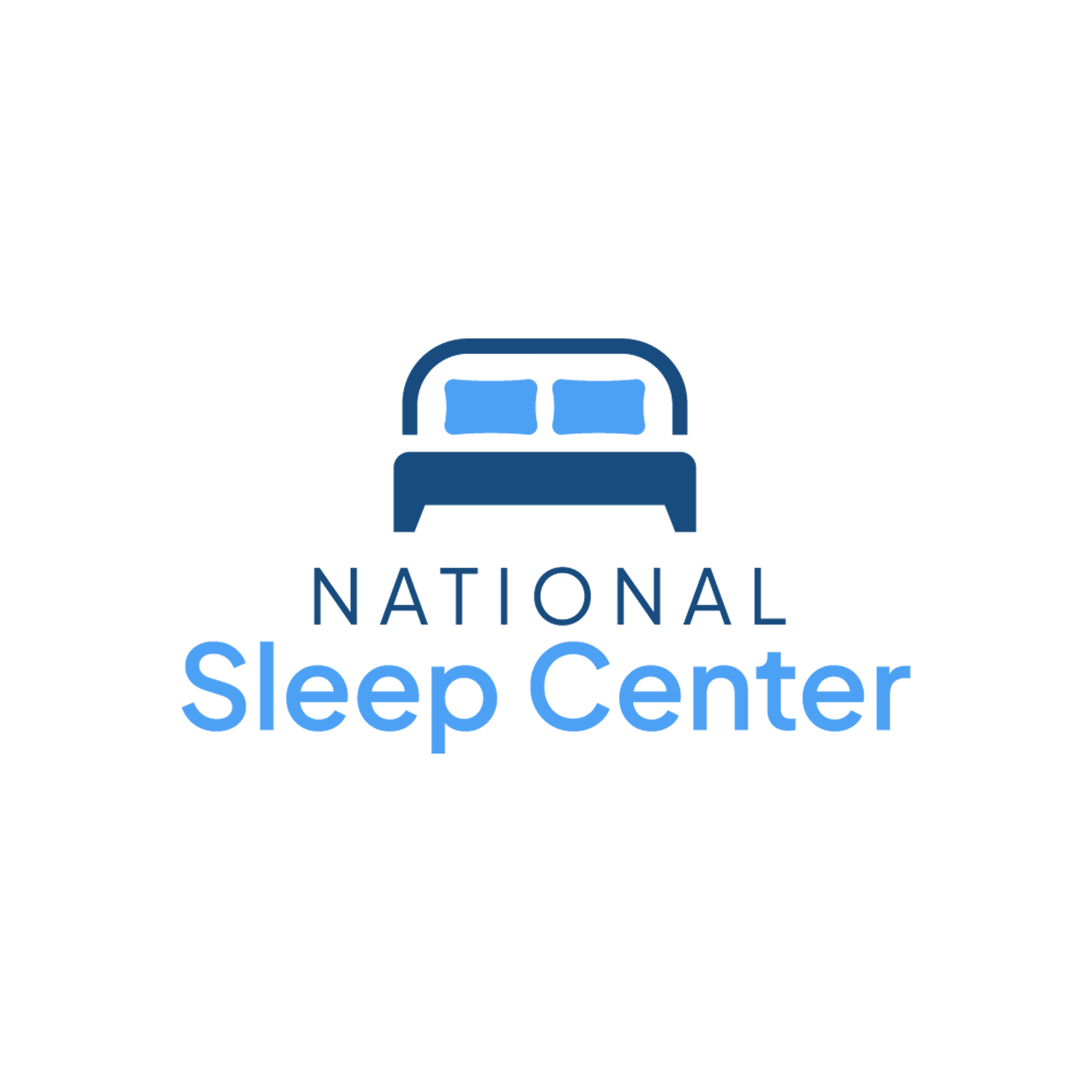National Sleep Center
Every sleep professional will tell you that “beds are for sex and rest.” National Sleep Center is serious about sleep. The sex is up to you but we take care of the rest.
Patients come to us asking how to sleep better. Approximately one-third of the population has difficulty sleeping at least one night per week. Some people cannot initiate sleep, others cannot maintain it and even others wake earlier than desired. When we don’t get restful sleep, our health and relationships are negatively impacted. Sleepiness is also the cause of a significant number of deadly drowsy-driving accidents on our nation’s highways.
So you want to know how to sleep better? In an effort to get better sleep, many people reach out for prescription or over-the-counter sleep aides. Unfortunately, while sleep aides may help you fall asleep a few minutes faster than otherwise, they do not help anyone get restful sleep. Without restful sleep, you remain in an unending cycle of trying to get sleep, failing, taking a sleep aid to get through the night and repeating the process the next day, still desiring to learn how to sleep better.
National Sleep Center clinicians are part of a community of sleep medicine providers who are licensed and trained to diagnose and treat sleep disorders. We are considered to be the first-responders for sleep disorders like insomnia and provide the evidence-based treatment of CBT-I as recommended by The American College of Physicians and the American Academy of Sleep Medicine. As such we have created a program that we call “6-Weeks to Restful Sleep.” That’s right, in 6-weeks we can help you sleep better.
We understand that you are busy. Our program is specifically designed to help you achieve restful sleep conveniently and at a low cost. You sleep in your own bed and meet with our clinicians in the daytime through HIPAA compliant Telehealth technology. We have eliminated the need for inconvenient office visits, sleeping in strange beds, sleeping in a sci-fi worthy maze of wires and, best yet, there is no group of clinicians watching you sleep.
Of course, not everyone with a sleep disorder has insomnia but still wants to know how to sleep better. Some people have sleep apnea or another sleep disorder that may require prescription devices or medications. We are trained to assess your situation and if it is determined that you need a higher level of care or a more definitive diagnosis of a sleep disorder, we can refer you to a sleep doctor who specializes in treating your sleep needs.


